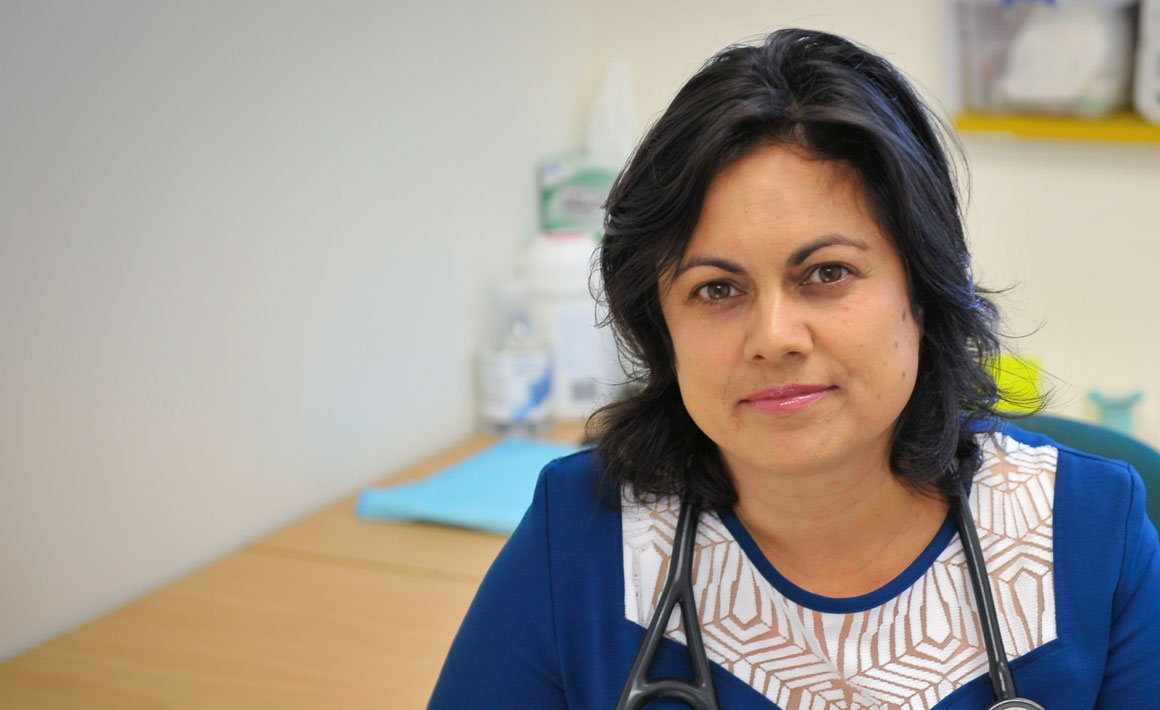 Dr Ayesha Verrall: “Building our public health capacity means we could look to the next 18 months with more confidence that we won't have large outbreaks or be in perpetual lockdown.”
Dr Ayesha Verrall: “Building our public health capacity means we could look to the next 18 months with more confidence that we won't have large outbreaks or be in perpetual lockdown.”Dr Ayesha Verrall was the right person in the right place when COVID-19 appeared.
A senior lecturer in the University of Otago, Wellington's Department of Pathology and Molecular Medicine, she was also an infectious disease physician with the Capital and Coast District Health Board, and an epidemiologist at the Health, Environment and Infection Research Unit, which focuses on reducing the impact of infectious diseases and adverse environmental factors on population health.
Verrall had used New Zealand's existing contact tracing system to track tuberculosis infection, so she was perfectly placed to advise the government on what needed to be done as part of the fight against the new coronavirus.
Along with colleagues, she had watched the February news from Wuhan with concern, long before lockdown was on the table.
“At that stage there were a lot of questions like, 'How severe and transmissible will this be?'” she remembers.
As the crisis grew, and New Zealand prevaricated on adopting stringent control measures, Verrall was one of the first Otago public health experts to sound the alarm. She went public with a call for a rapid scaling-up of testing and contact tracing.
At the time, there were only a couple of known cases of community transmission in New Zealand and the Ministry of Health had yet to push the button for a drastic pandemic response.
With the backing of her colleagues, Verrall soon found herself reporting to the Director-General of Health, commissioned to audit the government's existing contact tracing methods and to recommend ways to improve systems and scale them up.
Verrall pointed out exactly where the public health service was inadequate, how to rectify the problem and what to do to have the best chance of not mitigating, but eliminating the virus.
Her advice had a direct impact on government decision-making and, within six weeks, her recommendations were in place.
“An information system has now been set up which will be available for infectious diseases outbreaks in the future,” says Verrall. “Building our public health capacity means we could look to the next 18 months with more confidence that we won't have large outbreaks or be in perpetual lockdown.”
Funding
Health Research Council